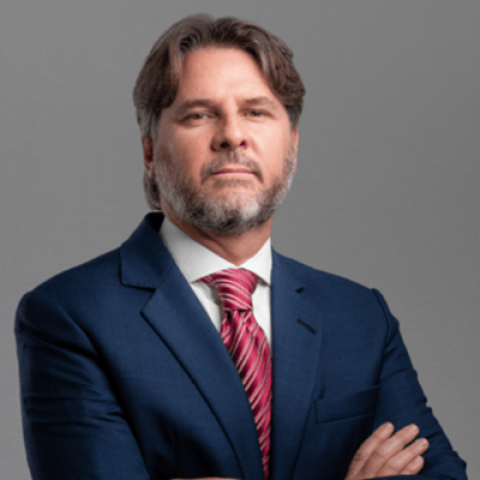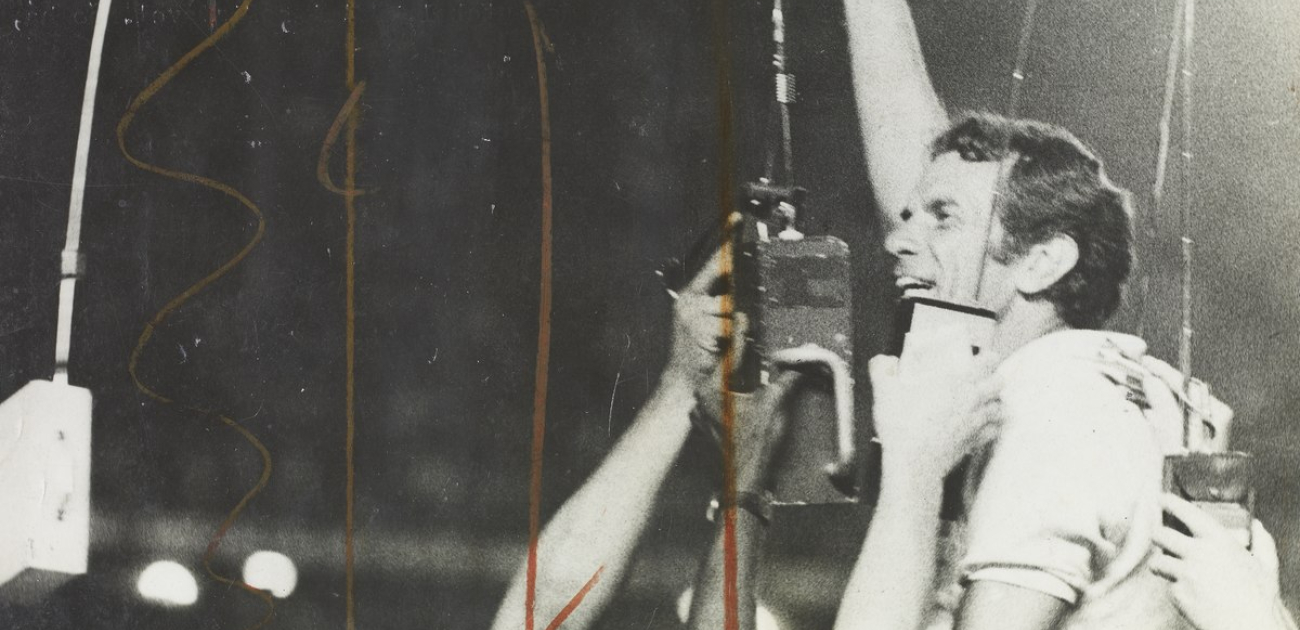SAF and Recent Infralegal and Regulatory Acts
In 1992, Telê Santana participated in TV Cultura's Roda Viva program in a strong defense of the transition from the associative model to the business model, in the scope and management of Brazilian football.
Even when confronted, in questions formulated by the interviewers, with dogmas that prevented, for decades, the managerial evolution and the access to the capital markets by the clubs (constituted in the form of non-profit associations), Telê Santana did not hesitate: the perspective of the profit and its distribution among shareholders - among which the company's creator club may or should be included - would never be a problem; but the solution.
Curious that he used as an example of pathology, impregnated in the associative system - and that would no longer occur in football companies -, the most common, inexplicable and suspicious of practices, consisting in the irresponsible acquisition of players' rights.
He said that businesses of this nature took place - as they still do, with rare exceptions - without criteria, without technical or economic basis, and generated, in most cases, losses, contributing to successive annual deficits. He bet, therefore, that this would stop happening with the change of model.
The interview was given in the period before the Zico Law, a milestone in the attempt to create a club-company in Brazil. After this law, dated 1993, the Pelé Law, of 1998, also intended to promote important advances, but suffered mutilations precisely in the part related to the treatment of the football company, which were sponsored by the cartel lobbies.
Since then, Brazil has watched the film of the transformations promoted by the countries that became hegemonic, pretending to have nothing to do with it. The bill came, as everyone knows, and an attempt was made, with the Profut Law, to remedy the irremediable financial hole.
It didn't work out: the current debt stock exceeds ten billion reais. In fact, that law also tried to create another mechanism for the mandatory transformation of a club into a company, in exchange for a sectoral tax regime, which was vetoed by President Dilma Rousseff, apparently on the recommendation of the then Minister of Finance, Joaquim Levy.
The painful history of the process of liberation of football from associativism, which had as protagonists some of the most important names in the history of the sport, on and off the field, such as the aforementioned idols Zico and Pelé, and the journalist Juca Kfouri, may have reached the end with the advent of law 14,193/21 ("SAF Law"), authored by the President of the Federal Senate - and of the National Congress -, Rodrigo Pacheco (PSD/MG).
Since the SAF Law became part of the legal system, there have been movements of different orders, which tend to contribute and make the legislative content settle and the new football market organize itself.
Cases such as Cruzeiro, led by five-time world champion Ronaldo Nazário, and Botafogo, led by North American John Textor, suggest to Brazil - and to the world - that something very relevant may be happening in these parts - and in fact it is, with more than 10 projects under study.
But it's not just at the club level that the movement can be seen. Institutions, apparently, begin to respond with regard to their competences, in order to enrich the normative framework and, thus, to begin the construction of a safe and more predictable environment.
The DREI - National Department of Business Registration and Integration, which, among other functions, is responsible for "supervising and coordinating, at the technical level, the bodies responsible for the execution of the services of Public Registry of Mercantile Companies and Related Activities; establishing and consolidating, with exclusivity, the general rules and guidelines of the Public Registry of Commercial Companies and Related Activities; resolve doubts arising in the interpretation of laws, regulations and other rules related to the registration of commercial companies, issuing instructions for this purpose; and provide guidance to the Boards of Trade, with a view to resolving queries and complying with the legal and regulatory rules of the Public Registry of Mercantile Companies and Related Activities", it provided, through Normative Instruction 112, of January 20, 2022, on the registration of the SAF, so that it is expected a standardization of understanding and of procedure before the Boards of Trade, constituted in "local bodies, with executing and administering the registration services" of the entrepreneur.
The São Paulo Court of Justice, in the wake of a case involving Portuguesa de Desportos, issued Resolution 861/2022, modifying certain resolutions, to define that (i) the Bankruptcy and Judicial Reorganization Courts of the Judicial District of São Paulo will be competent to process, judge and execute the facts related to the main, accessory and related actions related to the Centralized Regime of Executions ("RCE"), provided for in the SAF Law, (ii) the Business and Conflict Courts related to Arbitration of the 1st Judicial Administrative Region shall be competent for the entire State of São Paulo, excluding the District of the Capital, for the main, ancillary, and related actions related to the CER, (iii) the CER will take place through the establishment of a creditors' contest, and the execution processes in progress will not be redistributed to the centralizing court, and (iv) the Reserved Chambers of Business Law will have competence to judge main, accessory and related actions related to the CER.
In terms of sports administration, the CBF, whose statute provides, in art. 5, I, which constitutes a basic purpose, among others, "to administer, direct, control, promote, disseminate, encourage, improve, regulate and supervise, constantly and in a unique and exclusive way, the practice of non-professional and professional football, throughout national territory", issued Official Letter 246/2022, of January 18, 2022, through which it intends to guide clubs that wish to start or are in the process of establishing the SAF, regarding, among other topics, (i) registration in the Gestão Web system, (ii) applicable fees, (iii) registration of athletes and coaches, (iv) maintenance of a vacancy in competitions and (v) effects of the constitution of the SAF.
Thus, it begins to form (even with some gaps and inconsistencies) the infra-legal and regulatory legal environment necessary for the implementation and accommodation of the Federal Law - the SAF Law - which could, finally, transform the football environment in Brazil. (as, by the way, defended the visionary Telê Santana).
Do you want more information?
 Rodrigo Monteiro de Castro
Rodrigo Monteiro de CastroRodrigo Monteiro de Castro is specialized in corporate and business laws, corporate transactions (M&A), capital markets and contracts.

